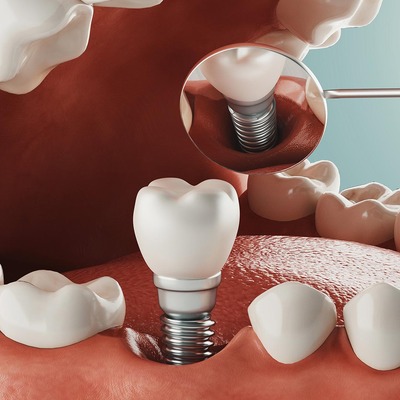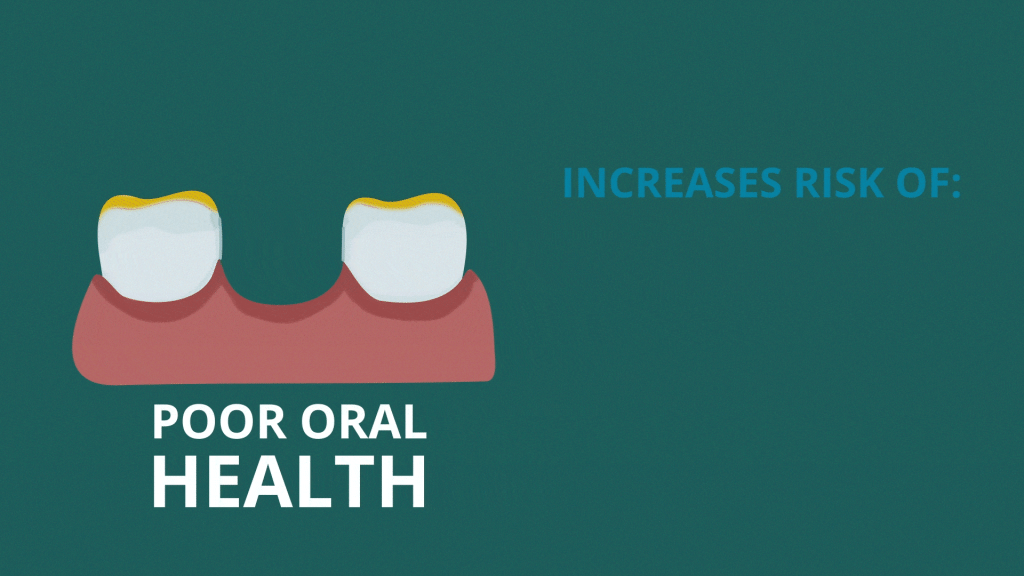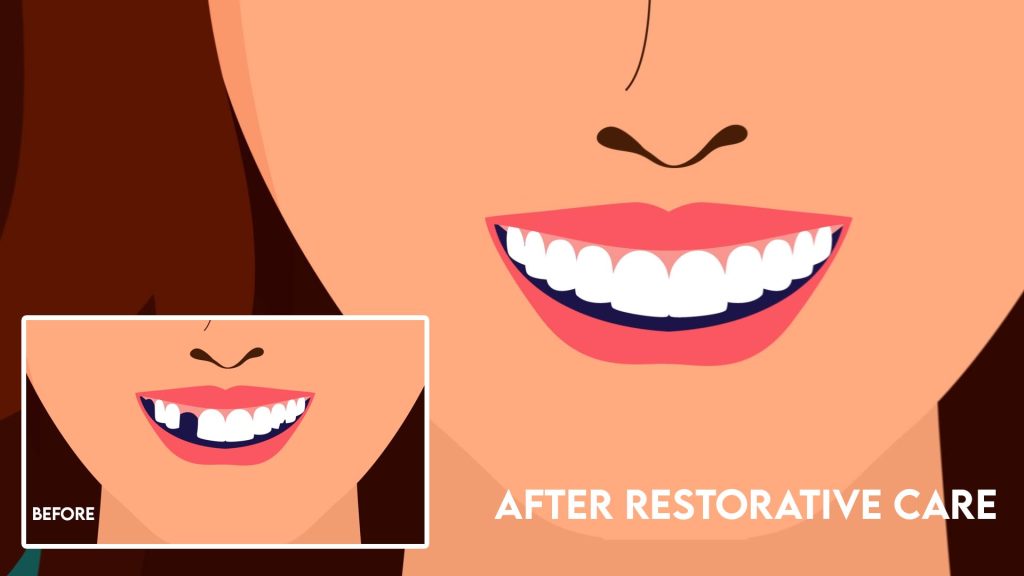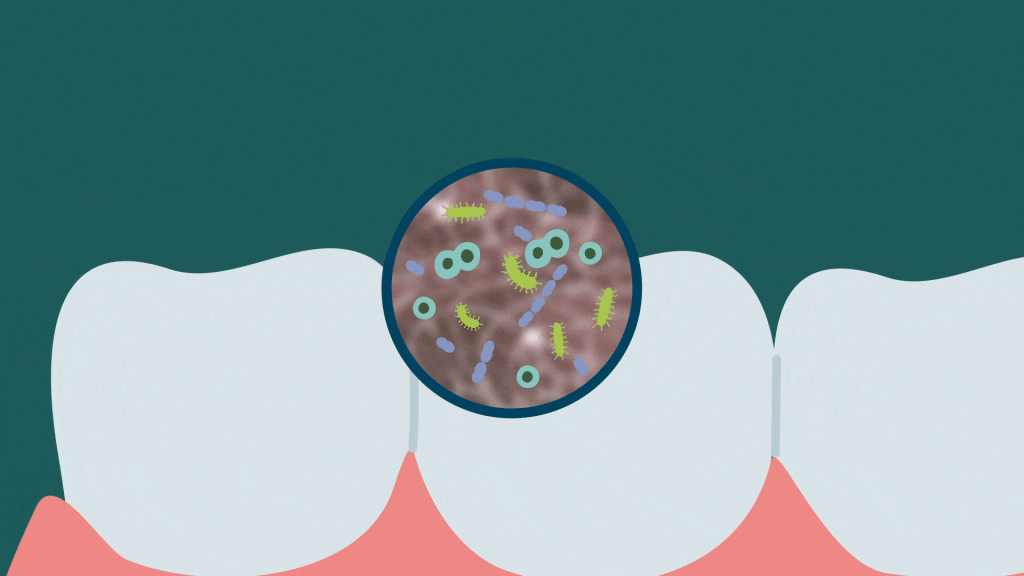
Some people may mistakenly assume that because oral health is addressed by a dentist instead of a primary care doctor, it is disconnected from the rest of the body. In actuality, the mouth is the gateway to the body, and you cannot be completely healthy unless your mouth is healthy.
Many dental problems are chronic and/or progressively worsening infections that can cause problems in other areas of the body. Poor oral health can cause an inability to obtain proper nutrition, leading to vitamin and mineral deficiencies, which have their own negative impact on overall health.
The connection between oral health and systemic health is clearly shown in scientific research, with evidence showing an increased risk for systemic diseases like stroke, heart attack, diabetes, and dementia in those who have poor oral health.

“Custom” means fabricated individually for one person’s unique smile and needs, usually by your dentist. There are many different mouthguards available over the counter that are generic and “one size fits all.” While these are far less expensive, they are also far less comfortable and less effective.
Restorative dentistry can be highly beneficial to any patient. Here are a few reasons why:
Treats Infections – One of the most common causes of damage to teeth is tooth decay (cavities). Cavities are bacterial infections of the hard tissues in a tooth. Without intervention, these infections spread through the tooth, into the nerve tissue, then outside the tooth into the surrounding bone and gums. Restorative treatments like dental fillings, remove the diseased tooth structure and replace it so the infection will no longer progress.
Restores Chewing Function – Damaged and/or diseased teeth do not chew food well, which can lead to nutritional deficiencies. Lost or broken tooth structure can be painful, and when a tooth has a large cavity or crack, people tend to avoid chewing on it and may even alter their diet. Dental implant supported crowns, dentures, or bridges, are all options to restore the chewing function of the tooth, enabling the patient to resume normal chewing.

Relieves Pain and Sensitivity – Tooth problems, like cavities and cracked teeth, can often cause discomfort or even severe pain. This can affect someone’s ability to eat, work, and socialize. By removing the disease and restoring the tooth to normal function, pain and sensitivity is alleviated.
Improves Smile Appearance – Missing and broken teeth can be visually unpleasant. When someone undergoes treatment to restore or replace missing teeth, it also improves the esthetic appearance of the smile.

Decreases Risk for Further Dental Problems – By stopping the progression of dental infections and disease, restorative dentistry reduces the risk for major dental problems in the future. Cavities, for example, can be restored much more quickly and efficiently than the deep-set decay that may result in a tooth extraction or root canal therapy. By restoring the teeth to form and function, it creates a situation that is easier to maintain when compared to a state of progressively worsening disease. Restorative dentistry can also reduce the chance of experiencing painful dental emergencies caused by infections in the future.
Since restorative dentistry solves a variety of dental problems, many people are candidates for this type of treatment. Here are a few typical restorative dentistry patients.
A Patient with Cavities – Cavities, also called tooth decay, destroy the hard tooth structure through bacterial infiltration. As the bacteria infects the enamel and underlying dentin, the tooth becomes weaker and softened. Infected enamel and dentin is discolored and breaks away easily, leaving holes in the tooth.

A Patient with Cracked Teeth – Cracked teeth are fairly common, due to habits like heavy clenching and grinding. A cracked tooth typically causes sensitivity to cold and pain when chewing. A cracked tooth requires a dental restoration, like a crown, to cover it and prevent the crack from spreading and further irritating the nerve within the tooth.
A Patient with Broken Teeth – A broken tooth is missing a portion of hard tooth structure and is incapable of chewing efficiently. Sharp edges may be present, causing cuts on the lips, cheeks, and tongue. Broken teeth have a higher risk for decay because they no longer have a complete covering of enamel.
A Patient with Missing Teeth – Without a full set of teeth, people cannot adequately chew their food. This can lead to digestive problems and/or malnutrition. It is important to replace missing teeth for both functional and cosmetic reasons.

Mon – Wed: 7am – 5pm
Thu: 7am – 4pm
Fri – Sun: CLOSED
Colorado Family Dentistry © 2025 | All Rights Reserved